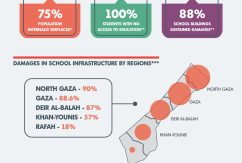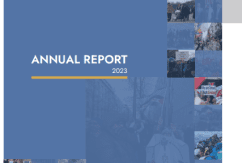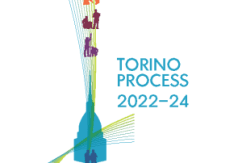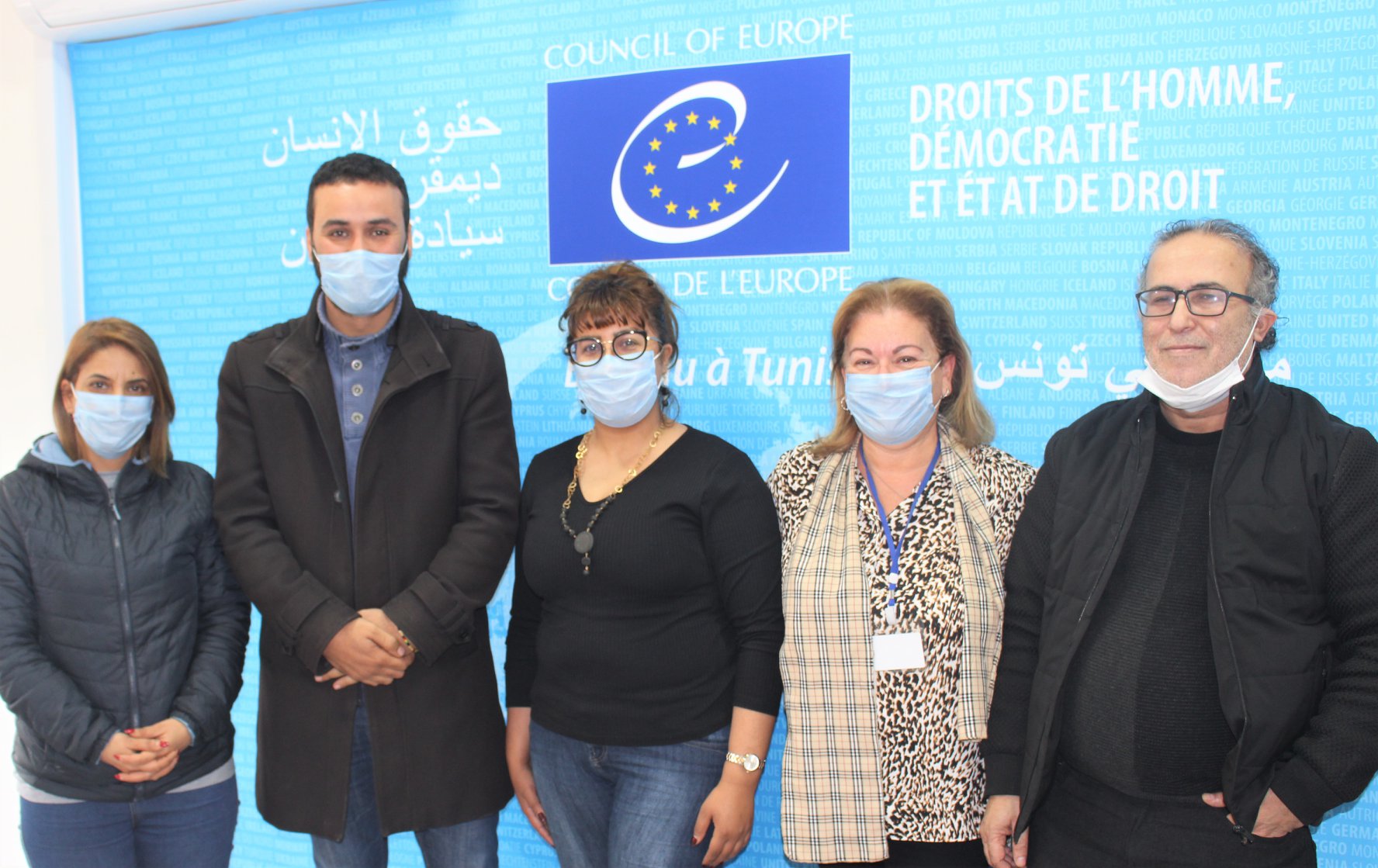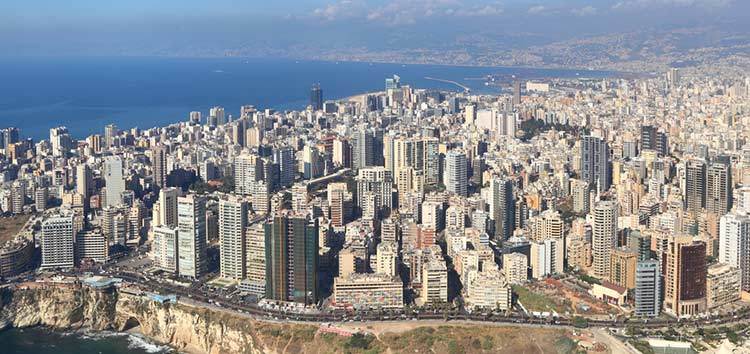EuroMeSCo network advocates enhanced coordination of programmes and strategies to prevent and counter violent extremism in the Euro-Mediterranean region

Around 100 researchers and experts from research centres and think tanks as well as policy makers from over 20 European and Southern and Eastern Mediterranean countries have debated in Barcelona the scope of the threat of violent extremism in the Euro-Mediterranean region and how to confront it.
The debates took place on 1-2 June in Barcelona as part of the annual conference of EuroMeSCo, the main network of research institutes on politics and security in the Mediterranean (106 centres from 32 Euro-Mediterranean countries) coordinated by the European Institute of the Mediterranean (IEMed).
Three plenary sessions and several parallel sessions analysed violent extremism in the Euro-Mediterranean region: its origins, catalysing factors, scope, ways to combat it and links with populism or authoritarianism.
The network has now issued a statement that gathers the main ideas that came out from the debates and puts forward some policy-oriented recommendations to counter violent extremism in the region.
It claims that it is important to recognise the European responsibility in the rise of the phenomenon and to counter the prevailing European view that violent extremism is only imported from abroad and in particular from the Southern Mediterranean region. A wide range of possible causes for the emergence of extremist violence were put forward, including geopolitical reasons, Islamophobia, the rise of populism in Europe, authoritarianism and the difficult socioeconomic situations in the Southern andEastern Mediterranean areas.
Recommendations
To confront extremist violence, the following recommendations are included in the statement: to avoid an exclusively security and short-term response; to combat the misrepresentations of Islam and Muslims in Europe; to involve civil society in the work of preventing radicalisation; to reinforce the role of the European Radicalisation Awareness Network; to establish ways to coordinate all the programmes and strategies underway to anticipate and fight against extremist violence in the Euro-Mediterranean region. The role of the Secretariat of the Union for the Mediterranean was mentioned in this regard. EuroMeSCo is equipped, willing and prepared to work with the UfM towards this goal. As a start, it was proposed that a EuroMeSCo task force could come up with a comprehensive compilation of existing policies, strategies and projects carried out at the local, national and regional level in the Euro-Mediterranean region.
Read more
EuroMeSCo statement on countering violent extremism – A policy-oriented contribution
More information on the conference (videos of the plenary sessions, documents…)








